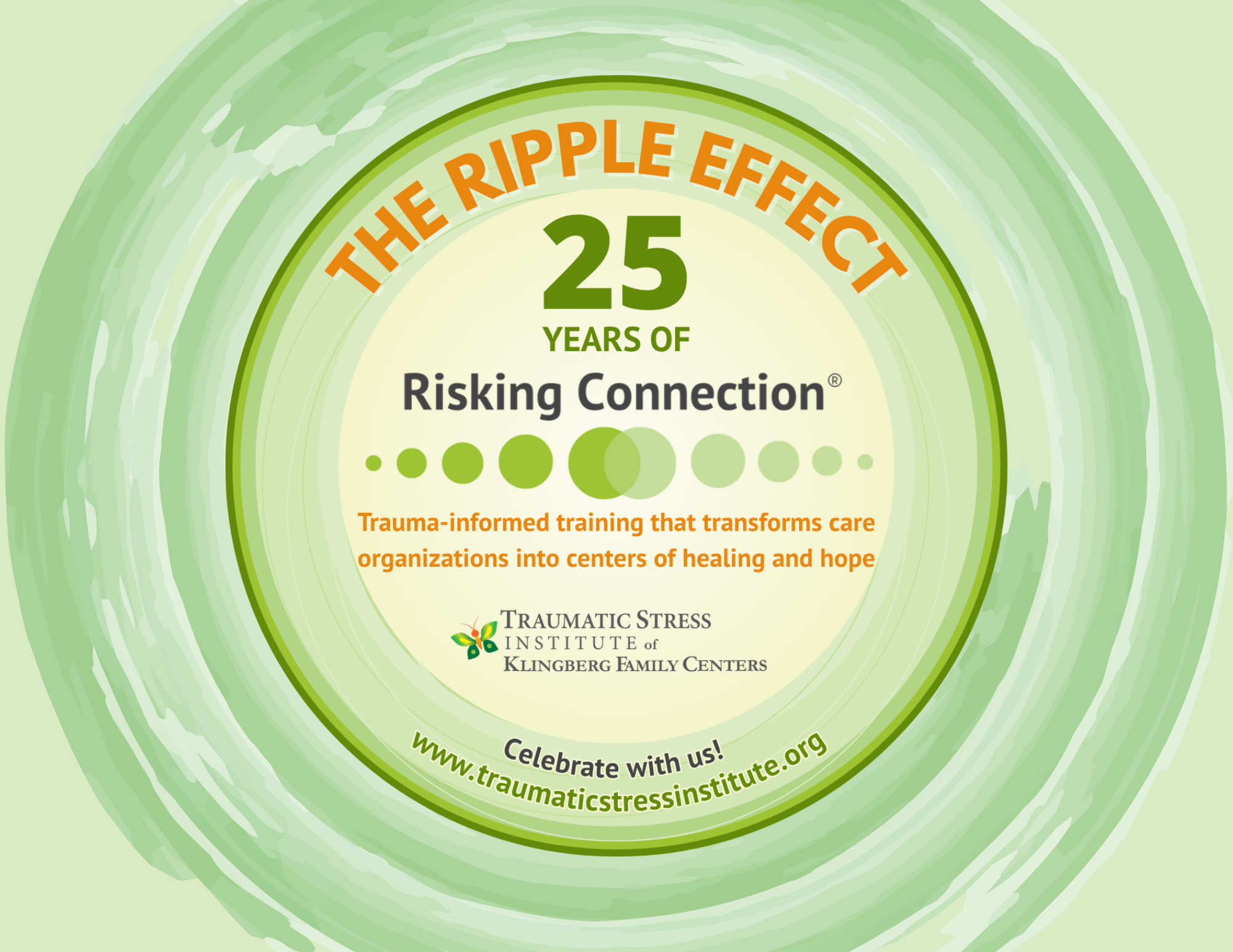In honor of 25 years of Risking Connection®, this series explores the heart of the Risking Connection Change Model: R.I.C.H. relationships – those that exemplify Respect, Information, Connection, and Hope – and the real challenges of living them out. These are the areas where we struggle, stumble, and sometimes become less than helpful to our clients and each other.
In the final post of this series we turn to Hope.
Hope is the foundation on which all the other qualities rest. In the dictionary hope is defined as: “to cherish a desire with anticipation;” “to desire with expectation of obtainment;” and “the feeling that what is wanted can be had or that events will turn out for the best.” A RICH relationship in itself creates hope, independently of the external reality.


.png)

.png)




.png)
.png)